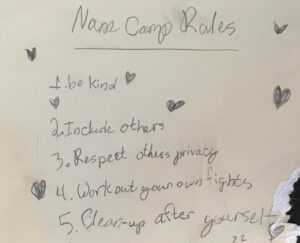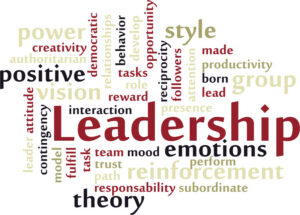Health systems continue to face complex financial challenges. Industry articles highlight the few that have strong operating margins while also noting the many facing continued operating losses. Becker’s Hospital CFO Report published the article, “25 factors that could affect health system performance in 2024”, by Alan Condon on September 8th. It is a comprehensive list and worth reviewing.
CFO Report published the article, “25 factors that could affect health system performance in 2024”, by Alan Condon on September 8th. It is a comprehensive list and worth reviewing.
What do these financial challenges mean for health IT leaders? I talk to many CIOs who are faced with cost cutting targets and dealing with very limited budgets yet long lists of priority projects. It’s no surprise. Health systems often fall into the trap of relying solely on cost-cutting measures, particularly in the realm of IT and staffing. While trimming expenses is essential, it’s just the starting point. Organizations must carefully consider all the impacts on operations and especially morale.
At StarBridge Advisors, we advocate for a comprehensive approach that goes beyond mere savings, encompassing revenue growth, digital transformation, and effective change management. This multi-faceted strategy promises swift improvement to your bottom line, operational efficiency, improved staff morale and progress toward the goals of the Quintuple Aim. IT enablement is often essential to these activities. You can use these opportunities to leverage the IT investments that have already been made.
In a recent series of four blogs written by Principal, David Muntz, we offer practical and pragmatic guidance on each crucial aspect of this approach. The benefits are tangible and span from immediate gains to long-term sustainability. Our expertise empowers your organization to undergo both tactical and strategic transformations, ensuring uninterrupted top-tier patient care without compromising on IT performance or security.
We can help your organization hardwire the Quintuple Aim. Partner with us to revitalize your health system’s trajectory, creating growth opportunities despite financial constraints. I hope you’ll take time to review the series and let me know if we can help you and your organization.
StarBridge Advisors blog series:
- Immediate IT Expense Reduction Strategies
- Eleven IT-Enabled Revenue Enhancement Strategies
- Digitally Enabled Transformation
- Digitally Enabled Transformation – Change Management









